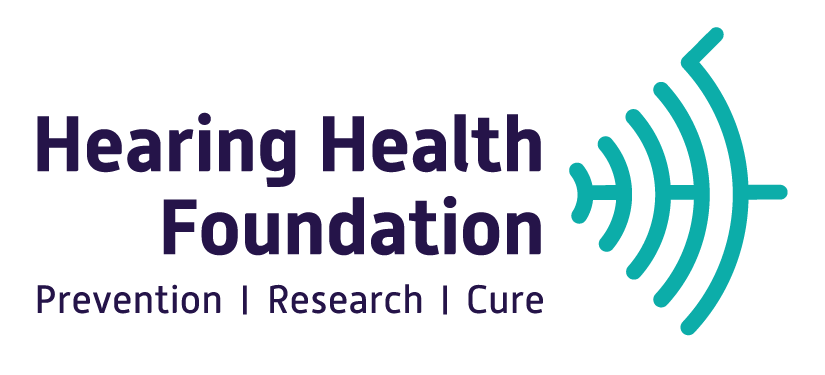Franziska Auer, Ph.D.
Meet the Researcher
Auer received her doctorate in systemic neurosciences at Ludwig-Maximilians-Universität München in Germany. She is now a postdoctoral researcher at New York University. A 2024 Emerging Research Grants scientist, she is the recipient of an Elizabeth M. Keithley, Ph.D. Early Stage Investigator Award
The vestibular system serves a vital purpose, to stabilize posture and gaze by producing corrective head and body movements. Vestibular circuits are myelinated early in life, suggesting a crucial role in proper balance development. In addition, balance, posture, and gait deficits are common symptoms for patients affected by diseases where myelin breaks down, such as multiple sclerosis (MS).
As myelination alters conduction velocity, it is crucial for circuit function. Recent studies have shown that the formation of novel myelin plays an essential role in memory formation and learning. I want to understand how myelin shapes neural circuit function in health and disease. Once we understand how the loss of myelin impacts neural circuits, we can perform large-scale screens to identify new drugs that not only promote remyelination but also improve functional recovery of the affected neural circuits and hopefully improve the patient’s quality of life.
My grandmother suffered from MS, so I have always had an interest in this disease and the limited treatment options. I do not recall if she had balance problems, but for as long as I can remember she had to use a wheelchair. I hope that in the future my work will help us better understand how the loss of myelin causes the symptoms experienced by MS patients and that we will discover newer and better treatments for patients.
I still remember the first time I looked at a living zebrafish larva under a microscope. As zebrafish larvae are transparent, I could see their heart beating and the blood cells flowing. Even though I’ve been working with zebrafish for years now, there are still moments when I look at the images we take and am just fascinated by the beauty of it.
I paint and do photography in my free time, although I had to leave my dark room behind in Germany. Occasionally I do projects for friends, like a portrait of their pet or taking pictures at weddings. Luckily, in science, we can be very creative too, especially when presenting our research. I really enjoy drawing little cartoons or sketches to better explain and visualize my research.
A few years ago, I started doing triathlons and have worked my way up to the Ironman 70.3 distance: a 1.2-mile swim, a 56-mile bike ride, and a 13.1-mile run. With swimming our body is in a very different orientation than usual and we are rotating to the left and right, which challenges the vestibular system in a very unusual way. And then suddenly you are upright again when you run out of the water and get on the bike where you need to engage a different set of muscles and constantly balance (with the extra challenge of clip-in pedals). And running is basically a single-leg sport, with very short ground contact times so balance is key here too. It is fascinating to see and experience what our vestibular system is able to achieve.
Franziska Auer, Ph.D., is the recipient of an Elizabeth M. Keithley, Ph.D. Early Stage Investigator Award. HHF is grateful to all of its donors for their support of projects that address the full range of hearing and balance science.
Click to download a PDF of this Meet the Researcher profile.
The Research
New York University
Defining myelin’s role in developing vestibular circuits
The vestibular system serves a vital purpose, to stabilize posture and gaze by producing corrective head and body movements. Vestibular circuits are myelinated early in life, suggesting a crucial role in proper balance development. In addition, balance, posture, and gait deficits are common symptoms for patients affected by diseases where myelin breaks down. Myelination alters conduction velocity thus it is crucial for circuit function. Recent studies have shown that the formation of novel myelin plays an essential role in memory formation and learning. The overall goal of this project is to define a role for myelin in vestibular circuit development and postural behaviors. We will investigate the consequences of loss of vestibular myelin on postural development. The work will also establish and validate transformative new tools to selectively disrupt the myelination of genetically defined subsets of neurons. I will test the role of myelin in different circuits for postural behavior, locomotion, and coordination in order to understand myelin’s contributions to circuit function. These novel tools will also permit future investigations into the role of myelin in auditory circuits and the consequences for hearing health.
Long-term goal: To understand broadly how myelin shapes neural circuit function and associated behavior in both health and disease.

